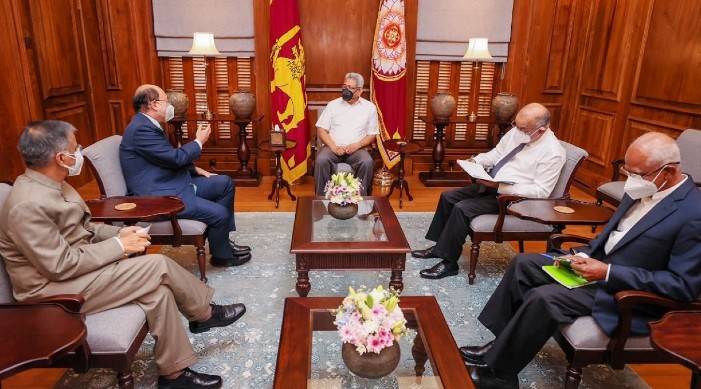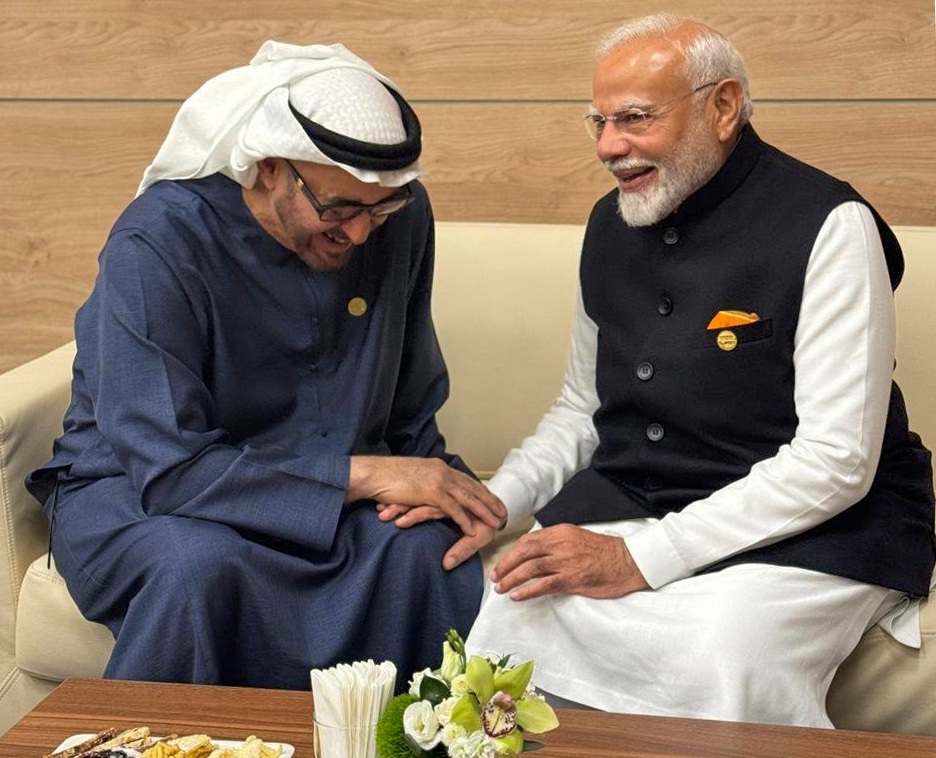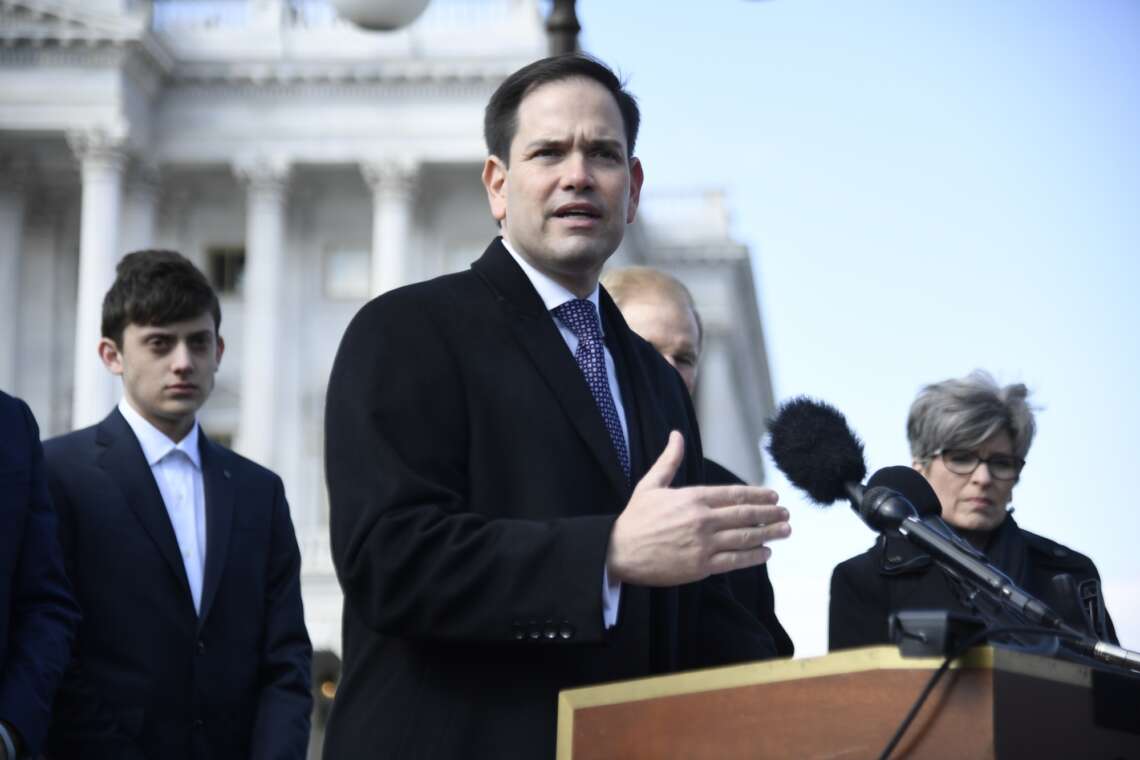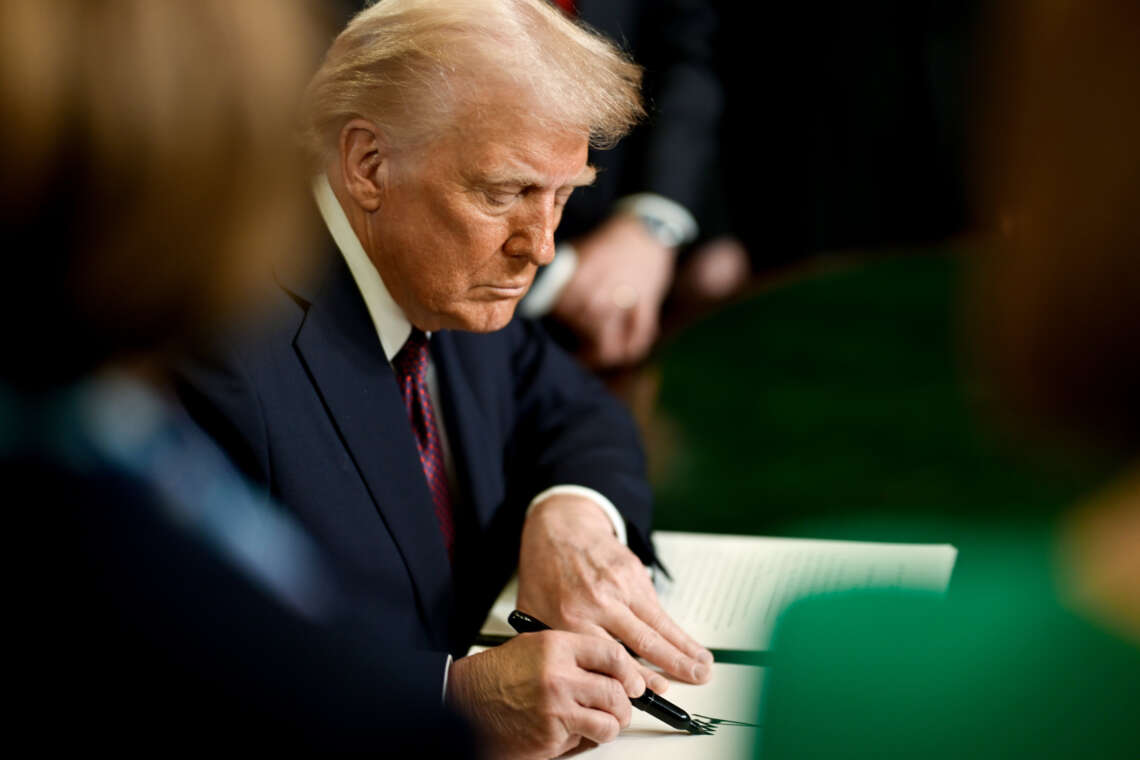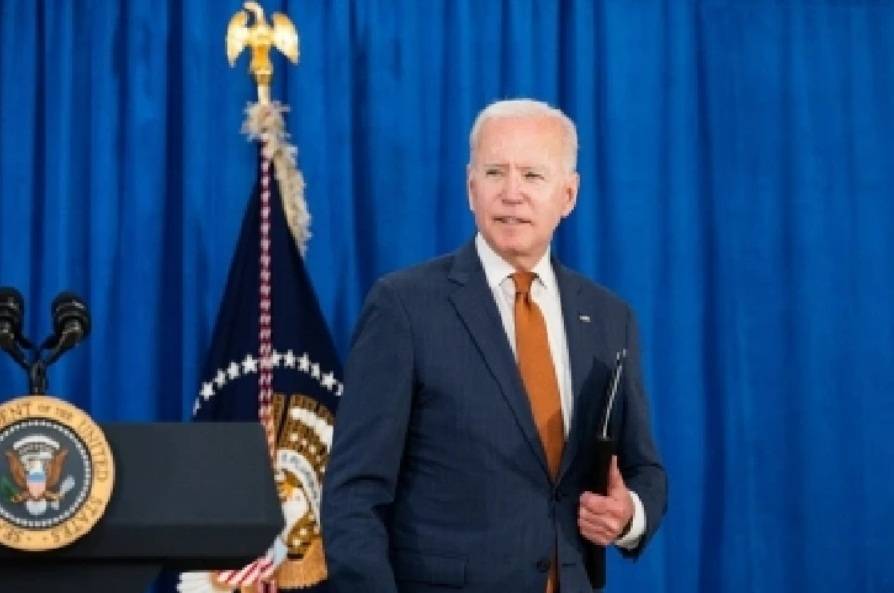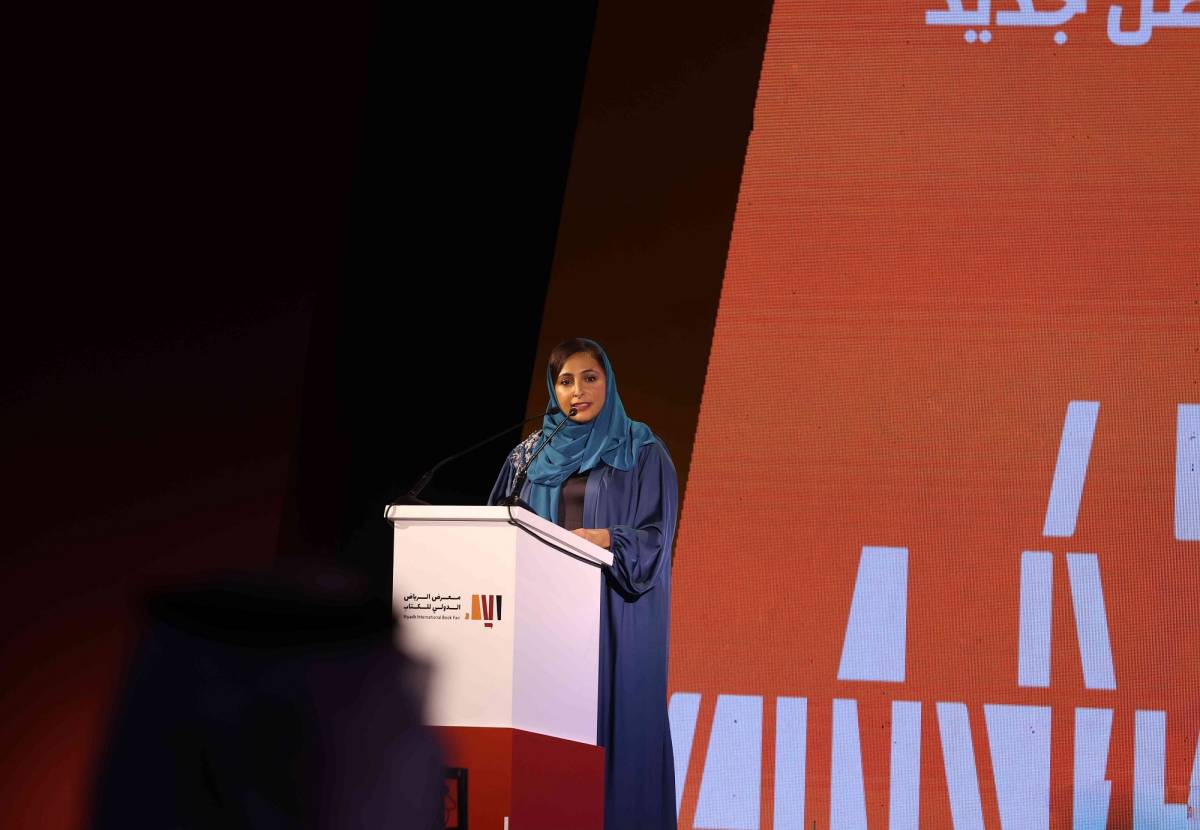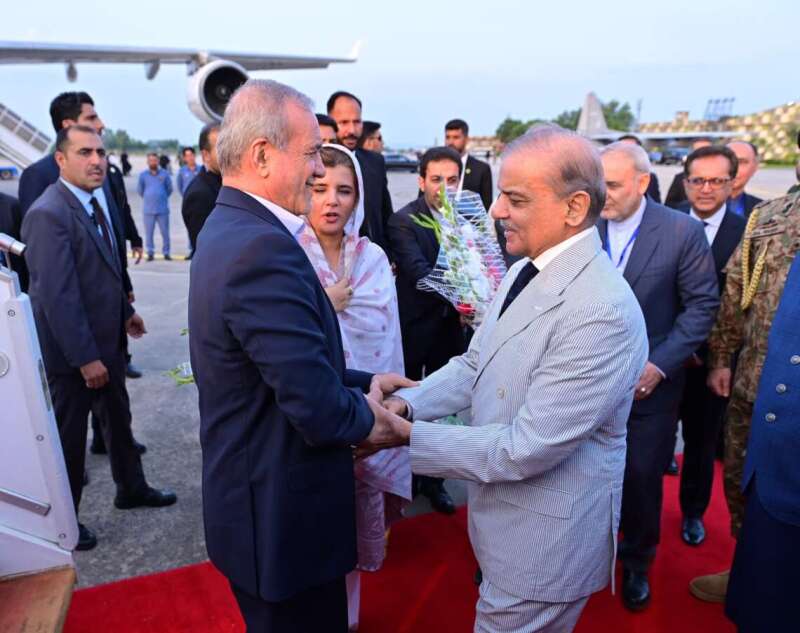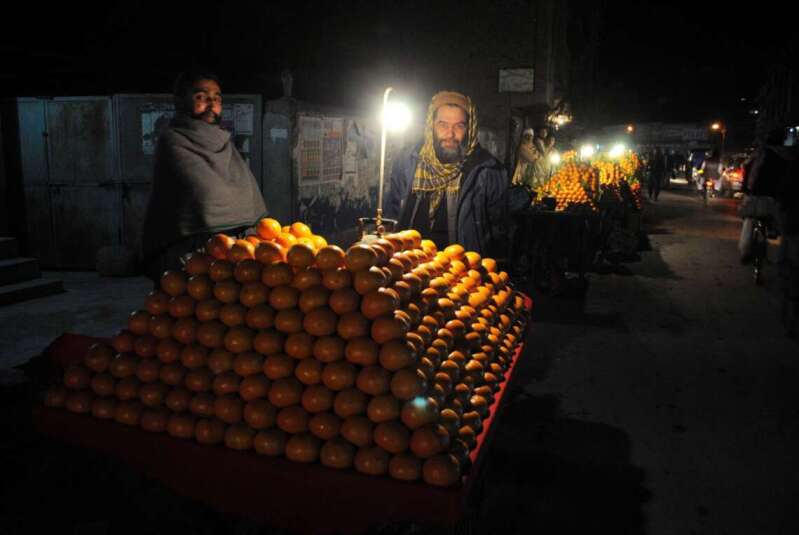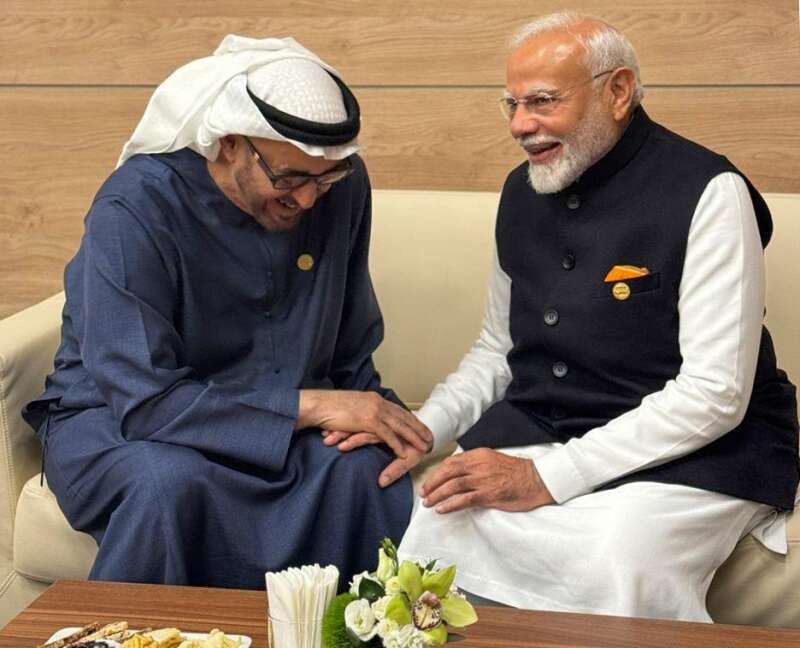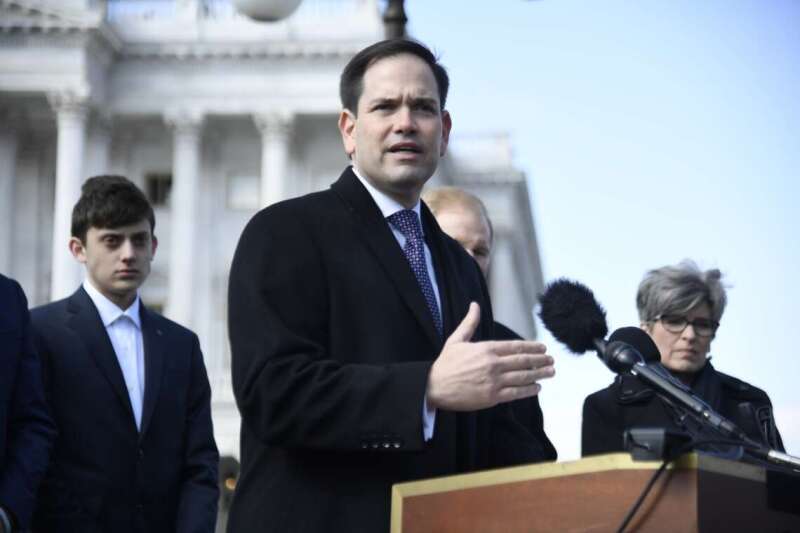It also highlighted the importance of cultural and people-to-people ties in bilateral affairs, which is a core aspect of India’s ‘Neighbourhood First Policy’…reports Asian Lite News.
Any high-level exchange between India and Sri Lanka is not only a reflection of the multi-faceted nature of bilateral ties but also highlights the wide scope and depth of the relationship between the two.
Prima facie, as close sea neighbours with deep historical, cultural, economic, political and security ties, the maiden visit of Harsh Vardhan Shringla as India’s Foreign Secretary to the island-nation from October 2 to 5, 2021, on the invitation of his Sri Lankan counterpart Adm. Jayanath Colombage (retd), could be singularly seen as a regular engagement between the two nations.
However, owing to a number of factors with domestic, bilateral and regional implications, this visit carried with it a salient significance unlike many other such high-level engagements.
The Foreign Secretary’s engagement was comprehensive and it set the right tone for furthering bilateral ties between the two nations in the post-pandemic world. Of course, the urgency for the visit was caused by the food and forex crises dogging Sri Lanka, and the tone was set by the meeting between Foreign Minister G L Peiris and Indian counterpart, Dr S Jaishankar, on the side-lines of the UNGA last fortnight.
However, Foreign Secretary Shringla’s engagements in Colombo were not limited to the officialdom, they included meetings with the island nation’s political leadership–both in the capital and in Tamil-majority Jaffna town in the Northern Province.
By commencing his three-day official trip to the country by offering worship to Buddha’s Tooth Relic at the famed Dalada Maligawa temple in Kandy, he sent out a positive message to the nation’s Buddhist majority.
It also highlighted the importance of cultural and people-to-people ties in bilateral affairs, which is a core aspect of India’s ‘Neighbourhood First Policy’.
By following it up with a stop-over at the eastern port-city of Trincomalee, where he inspected the two ‘oil tanks farms’ in possession and part-operation of public sector Indian Oil Corporation (IOC), he added a strong message on New Delhi’s continuing interest in retaining the same, lest it should fall into ‘wrong hands’, China in this case.
People-to-people engagement
The Foreign Secretary started with his high-level meetings by calling on Prime Minister Mahinda Rajapaksa, war-time President of the island-neighbour, whom he had known from his own days as Joint Secretary in India’s Ministry of External Affairs (MEA), handling Sri Lanka.
He concluded the visit by calling on President Gotabaya Rajapaksa. Between these two meetings, which were in the nature of courtesy calls, Shringla had substantive discussions with Foreign Minister G L Peiris and counterpart Colombage, apart from Finance Minister Basil Rajapaksa, third of the four Rajapaksa brothers in the government.
During these meetings, the Foreign Secretary highlighted India’s keenness to deepen bilateral people-to-people engagement by establishing further avenues of connectivity like the Jaffna-Chennai air service, Karaikal-Kankesanthurai and Dhanushkodi-Talaimanar ferry services, and a ‘Buddhist Corridor’ between the new international airport in India’s Kushinagar and Sri Lanka, as proposed by Prime Minister Narendra Modi earlier.
Within Sri Lanka, Secretary Shringla highlighted people-centric capacity- building programmes that India had undertaken, like the Indian Housing Project, Model Housing Village in Vavuniya district, the Dambulla Cold Storage plant, and tri-lingual school in Polonnaruwa, among others. Though largely unnoticed he did mention that these projects were mostly executed by Sri Lankan partners using locally-sourced materials, as much as possible — thus highlighting India’s unique approach to economic partnership, unlike other nations, say, China, in Sri Lanka’s case.
Political and economic ties
The FS’ inspection of the Trincomalee oil farms in a way addressed inherent and imposed limitations in India assisting Sri Lanka, now in the post-pandemic phase. The Trincomalee leg of the visit highlighted the scope and need for improving economic ties – this one involving the nation’s ‘energy security’, which is another cornerstone of bilateral ties. Occasional protests by Sri Lanka’s oil industry trade unions and periodic jibes by the political class, especially from the ruling coalition, have not helped matters.
The oil farms inspection thus highlighted as to what was basically and substantially wrong in the Sri Lankan approach to bilateral development and commercial relationships, as such an approach, consequent delays and cancellations, have also dogged other India-proposed/-funded projects at different stages. The forgotten indefinite postponement of the CEPA trade pact in 2008 and the more recent cancellation of the trilateral ECT agreement, also involving Japan, are only two such high-profile instances.
On the political front, apart from discussing issues of mutual interest, the FS in his interaction with the Foreign Minister G.L. Peiris expressed India’s position on Sri Lanka’s ethnic issue. He reiterated the Indian position for the full implementation of the 13th Amendment that provides for devolution of powers to the provinces as a means for achieving ethnic reconciliation. To this end, Shringla also stressed the need for holding Provincial Council elections early, as they were inordinately and inexplicably delayed by the previous government.
Given Sri Lanka’s food and forex crises, greater observer interest was focussed on the visitor’s discussions with Finance Minister Basil Rajapaksa in particular. While specific requirements and possibilities were believed to have been discussed, a detailed follow-up will have to await Shringla’s discussion with other arms and departments of his government, following his return to Delhi on Tuesday, 5 October. Official statements in this regard are expected in due course.
Security ties
Though not directly a part of the visit, the two nations commenced the previously-planned, 12-day eighth edition of the ‘Mitra Shakti’ (Power of Friendship’) army exercises when the Indian FS was on Sri Lankan soil. A 120-strong Indian Army contingent is conducting joint counter-insurgency and counter-terrorism exercises in the island’s Combat Training School, at eastern Ampara. A battalion- strong contingent of the Sri Lankan Army is participating. Though an annual exercise between the two armies, with each taking turn to host the other, this year’s ‘Mitra Shakti’ signifies the nature of bilateral security ties and symbolises the depth of strategic convergence on issues of security, terrorism and insurgency.
In the past, military-to-military engagements were aimed at promoting closer relationship between the two forces and enhancing interoperability, apart from sharing best practices. This edition of ‘Mitra Shakti’ incorporates the dynamics of UN peace-keeping operations, thus taking their military-level cooperation beyond bilateral level, to be pursued with an eye on addressing multilateral and global commitments, if such a need arose.
(The author is a security and foreign policy analyst; views expressed are his own/ India News Network)


